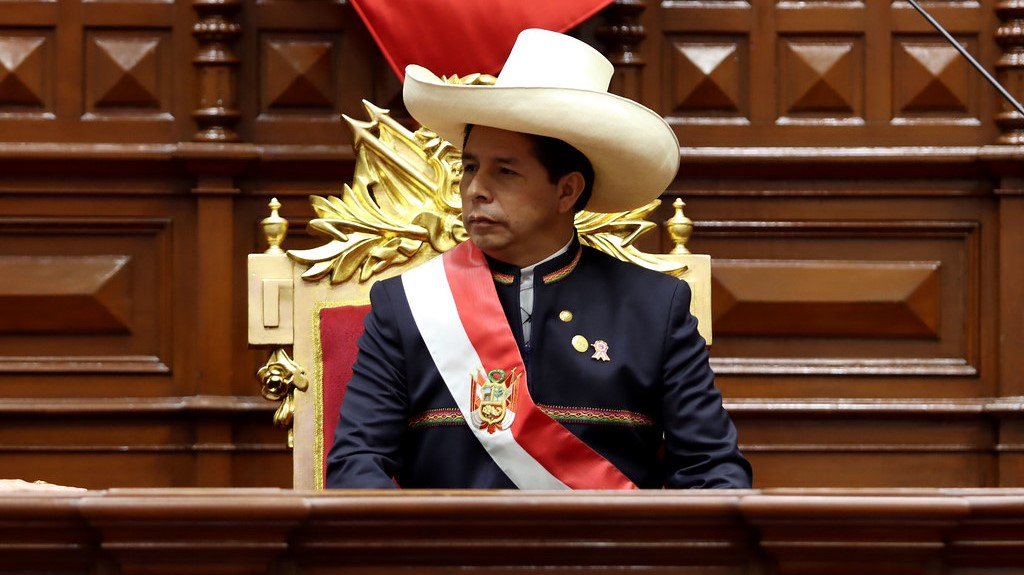Peru says miners can request extension of operations

The Peruvian government announced on Wednesday that miners are allowed to ask permission to extend operations amid a conflict that has shaken the sector over environmental concerns.
“Mining companies can request extensions and modifications to their permits to explore and exploit in strict adherence to current regulations,” the government said in a tweet.

On Monday, Hochschild Mining (LSE: HOC; US-OTC: HCHDF) said it would fight what it claims are “illegal” efforts by Peru to close and block extensions of its Pallancata and Inmaculada silver mines on environmental grounds.
The company said in a statement it had learned via media reports that Peru’s head of cabinet, certain vice-ministers and regional authorities in the town of Coracora in the Ayacucho region had signed minutes of a meeting that detailed alleged environmental complaints.
The minutes also state that a commission has been established to negotiate the timetable and terms for the closure of specific mining projects in southern Ayacucho, including the company’s Pallancata and Inmaculada mines.
According to Hochschild, the Peruvian head of cabinet subsequently indicated that approvals would no longer be granted to facilitate additional mining or exploration activities concerning these mining operations.
The news was enough to scuttle the value of the company’s London-listed shares on Monday, sending them down nearly 60% in early morning trading.
ShareCast News reported over the weekend that Peru’s Prime Minister Mirtha Vasquez said that four mines in the nation’s Ayacucho region would be closed “as soon as possible.”
“We welcome that through a public statement the Presidency of the Council of Ministers rules out the closure and request for the unilateral withdrawal of mining operations in Ayacucho and that it expresses its full respect for the current regulations governing the productive activities of the mining sector,” said the National Society of Mining, Oil and Energy in a statement.
Shares of Hochschild Mining rose more than 6% on Wednesday but remained lower than they were before the conflict began earlier this month.
(With files from Reuters and Bloomberg)
{{ commodity.name }}
{{ post.title }}
{{ post.date }}




Comments